29th Apr 2024
This is a preliminary 2023 Primeurs report featuring reviews of the first wave of releases coming out over the next nine days. An in-depth growing season analysis will be published on Thursday, May 9th. Meanwhile, below is a summary of the wine styles that can be expected and Producer Profiles from the major releases coming out this week and early next week: Château Léoville Las-Cases, Château Pontet-Canet, Château Lafite, Château L’Evangile, and Château Mouton Rothschild.
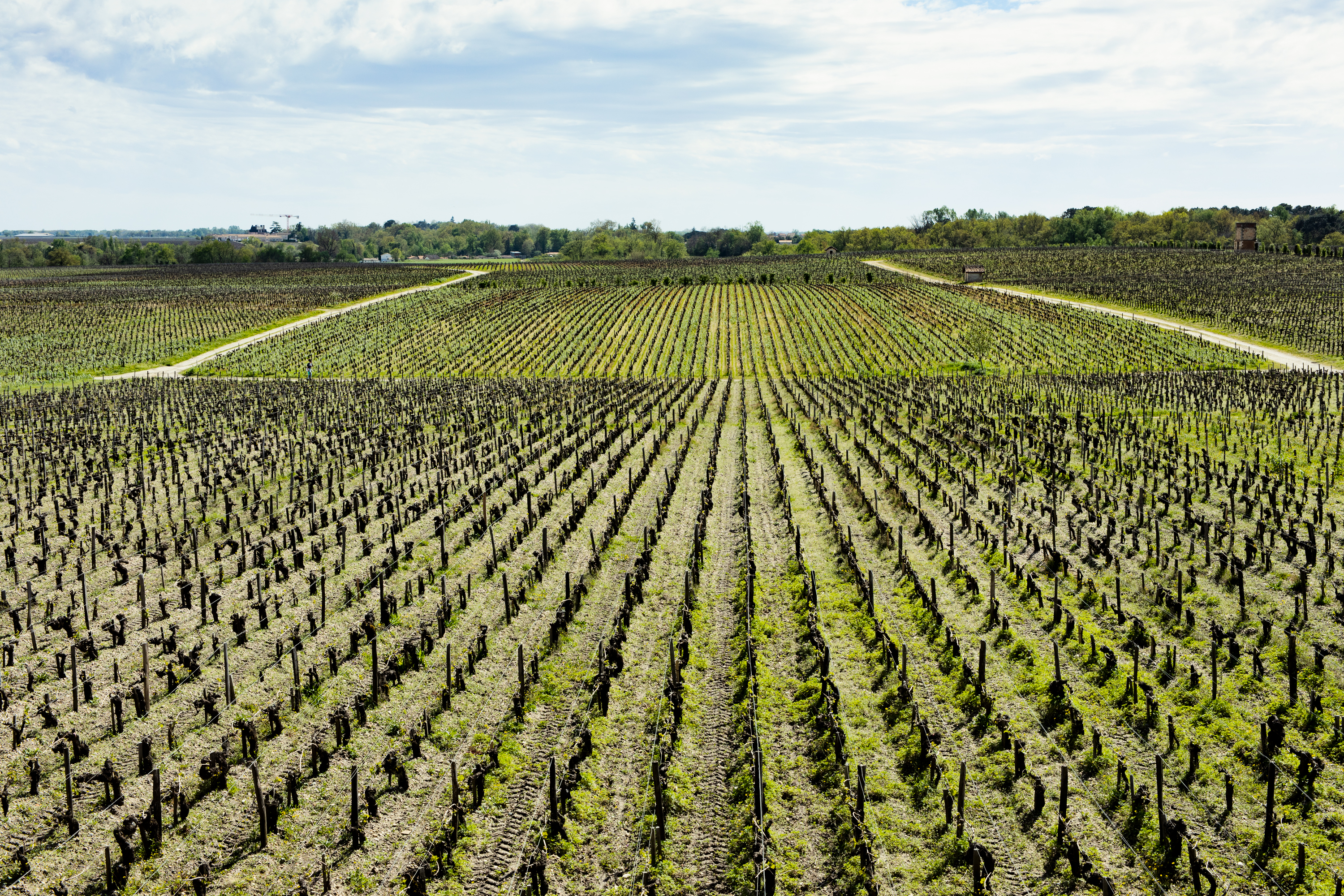
The First Wave
I’m just back from spending three weeks in Bordeaux tasting over 1000 different wines. Most of the major forthcoming releases were tasted 2-4 times.
I always head into Primeurs’ tastings with an open mind, but the style of the 2023s took me by surprise, not least of all because I started in the Médoc, where quality is more irregular than on the Right Bank. While Merlot took the brunt of the mildew damage throughout Bordeaux in June and early July, bringing the Cabernet Sauvignon to complete sugar, phenolic, and flavor ripeness on the Left Bank potentially proved even more problematic in the end. Many Médoc wines came out greener and thinner than I’d imagined, given the overall heat of the growing season, with tannin issues ranging from a little “al dente” to downright rugged. This is not to say that the Right Bank had an easy vintage—far from it. Some Merlot-based wines on the right side of the estuary suffer from unpleasant rustic characters, chewy tannins, and lean mid-palates, which are best avoided.
The good news is that specific producers on terroirs conducive to managing the pitfalls of the 2023 growing season and who waited for ripeness went on to produce stunning wines that are right up there with the best examples from these estates.
A few producers, like the Trotte Vieille that’s reviewed with this batch, have potentially produced their best wines ever, thanks largely to recent improvements to their vineyards and/or wineries and, in Trotte Vieille’s case, because the Cabernet Franc from Saint-Émilion and Pomerol really excelled this vintage.
The other good news is for lovers of “classic” Bordeaux wines. 2023 has revealed itself in the form of lighter-weight styles, around 13.5% or below on the Left Bank and mostly below 14.5% on the Right Bank, delivering predominately savory/earthy/minerally characters while downplaying the juicy-fruit expression that dominates the styles of 2018, 2019, and 2022. Given that alcohol level is a major contributor to the sensation of body, most of the wines are light to medium-bodied or medium-bodied. And the acidities are trending higher (lower pHs) this year, delivering fresher, more elegant, energetic styles.
In the end, yields were quite high for the top (wealthy) appellations and estates in 2023, while painfully low for the lesser ones and some organic producers. Having the financial ability to fight the mildew was the major factor affecting yields. But make no mistake—many of the top estates have plenty of wine to sell.
Bordeaux lovers will want to keep a keen eye on the release prices this year. In some cases, they are rumored to come down from the last few years, which could offer the necessary incentive to buy futures.
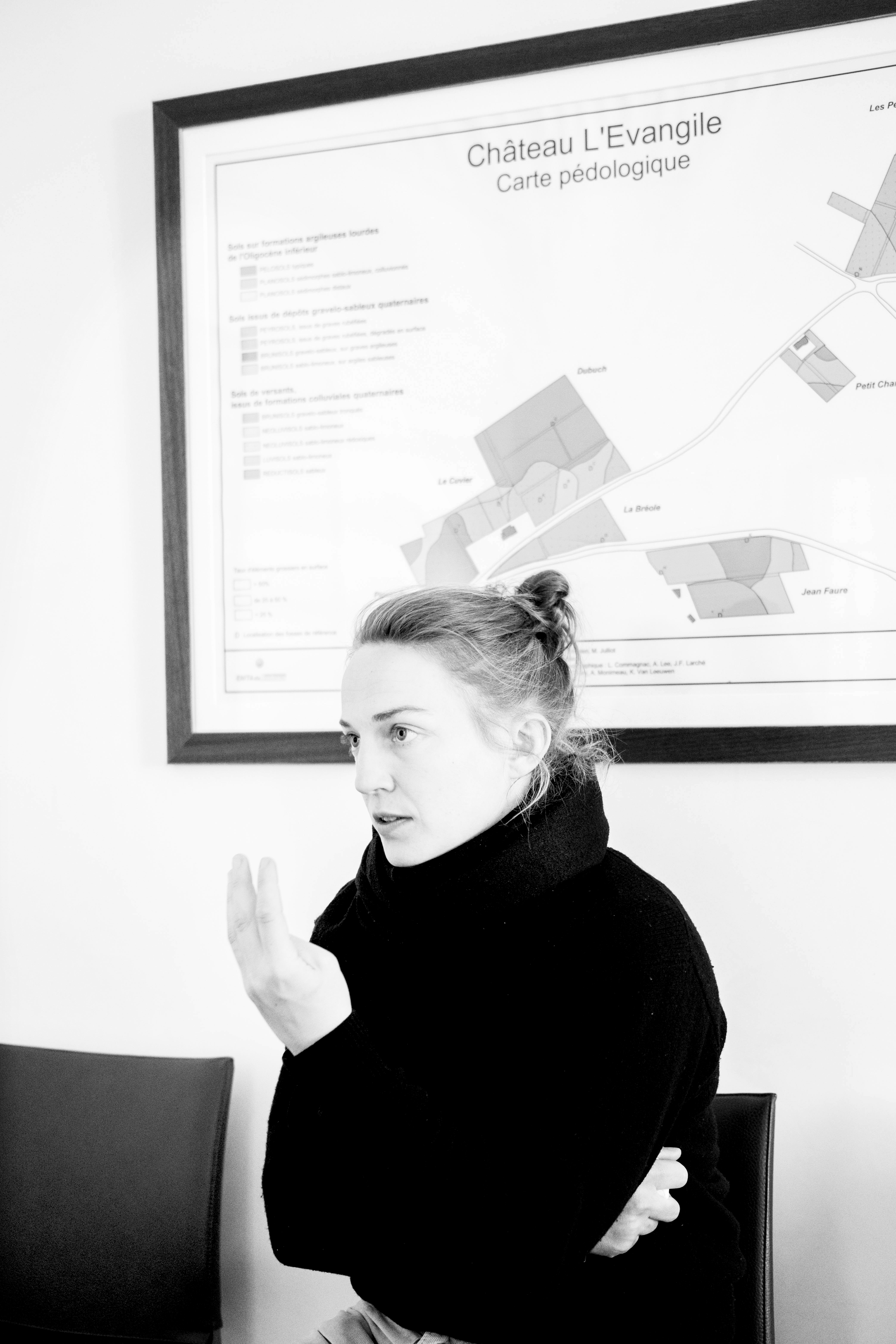
"It was a very challenging year."
Château L’Evangile
“It was a very challenging year, especially in June,” said Juliette Couderc, technical manager at L’Evangile. “At the end of June—19th-24th of June—we had a huge rainfall. We had to treat for mildew four times in seven days. But it wasn’t as difficult as 2021. July was cooler, not so hot, but August was very hot. We didn’t do any leaf removal, so the berries were protected. Harvest was perfect. We had a heatwave at the beginning of September and picked the sensitive parts that could get over-ripe. We picked the Cabernet Franc mostly on September 20th—before the rains. What we picked after the rains on September 28th was not so good. There was some botrytis. The fruit had lost its brightness.”
In the end, L’Evangile’s yield was 42 hectoliters per hectare.
“Our yields were good this year,” commented Juliette. “Usually, we have 30-35 hl/ha. But if we hadn’t done any green harvest in mid-July, it would have been 65-70 hl/ha! Twelve bunches per vine was good. I think the yields account for some of the differences in ripeness. If the mildew made your yields too low, your grapes rushed to ripeness when the heat came. If you had too much yield, your vines struggled to ripen all the crop.”
As for the style of 2023, Juliette said, “The yields moderated the sugar accumulation, so our alcohols came in at 14-14.5%. The tannins were not so aggressive for us this year, so we did 27-28 days of maceration.”
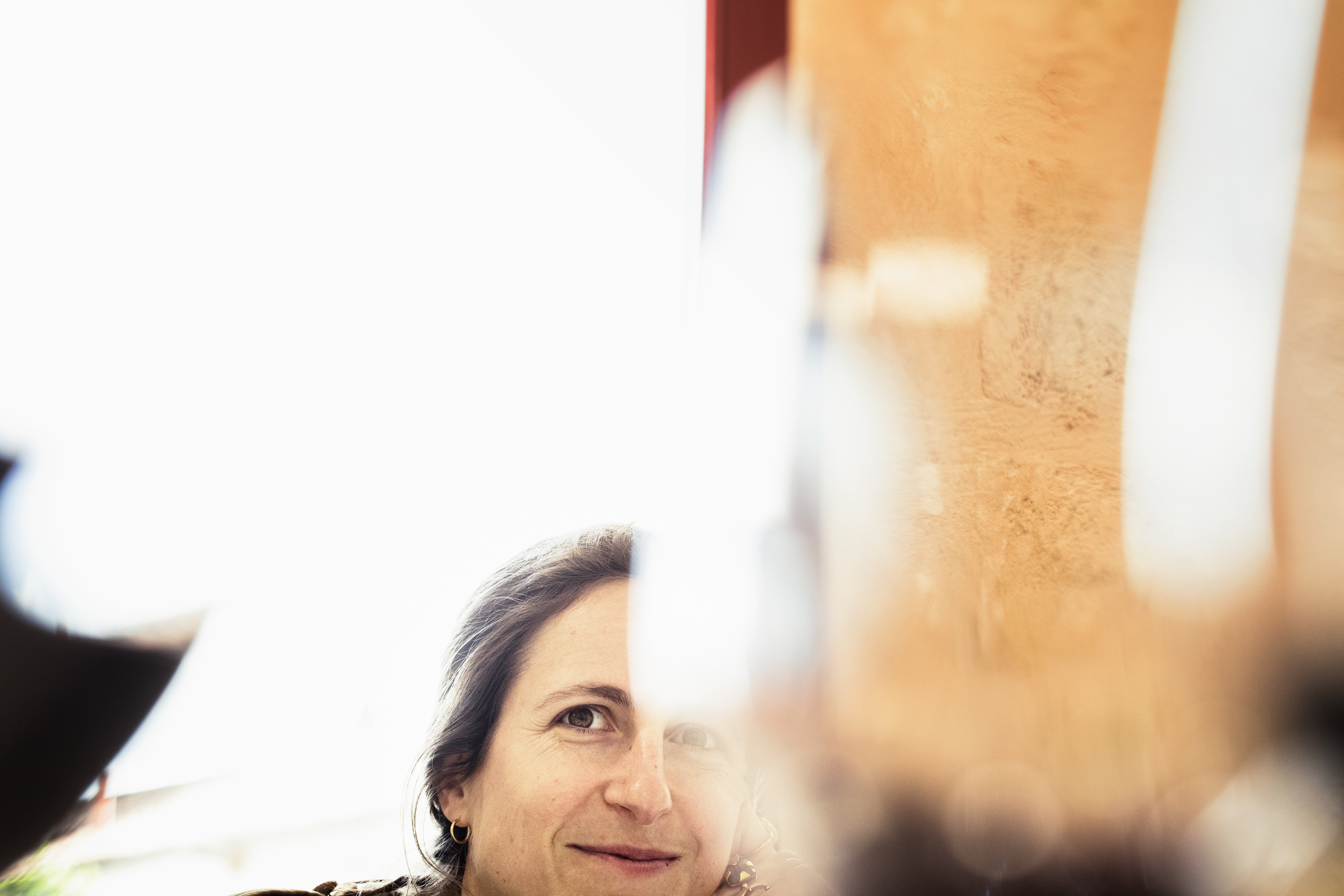
"We really had to make hard decisions with the blending."
Château Lafite Rothschild
“Precocious years are usually quite short, but this one was quite long,” said CEO Saskia de Rothschild. “Even across Lafite, there were differences in the amount of rain received in the areas. We believe there was really an element of luck in terms of the amount of rain received.”
Compared to its smaller sibling estate, L’Evangile in Pomerol (around 22 hectares in size), Château Lafite is composed of an enormous spread of parcels encompassing approximately 110 hectares, including a small proportion in Saint-Estephe. So, fighting the mildew here in 2023 was like a military operation. Juliette Couderc from L’Evangile recalled one day watching the team at Lafite deploy 25 tractor drivers to treat at the height of the mildew pressure. Speed and precision were key, especially when you’re working organically.
As for the heat and rain in August and September, Saskia said, “We almost had a very good irrigation system here with alternating periods of a little water and then heat, a little water and then heat. In 2023, we always felt that we would be able to produce wines of charm and balance, which is what we love. Our yields came in at 45 hl/ha, which is very good for organic!”
Still, not everything was up to standard when it came to the final blends. “Blending was key this year, commented Saskia. “We really had to make hard decisions with the blending. For example, the Cabernet Franc just didn’t fit in the Carruades or the Lafite this year.”
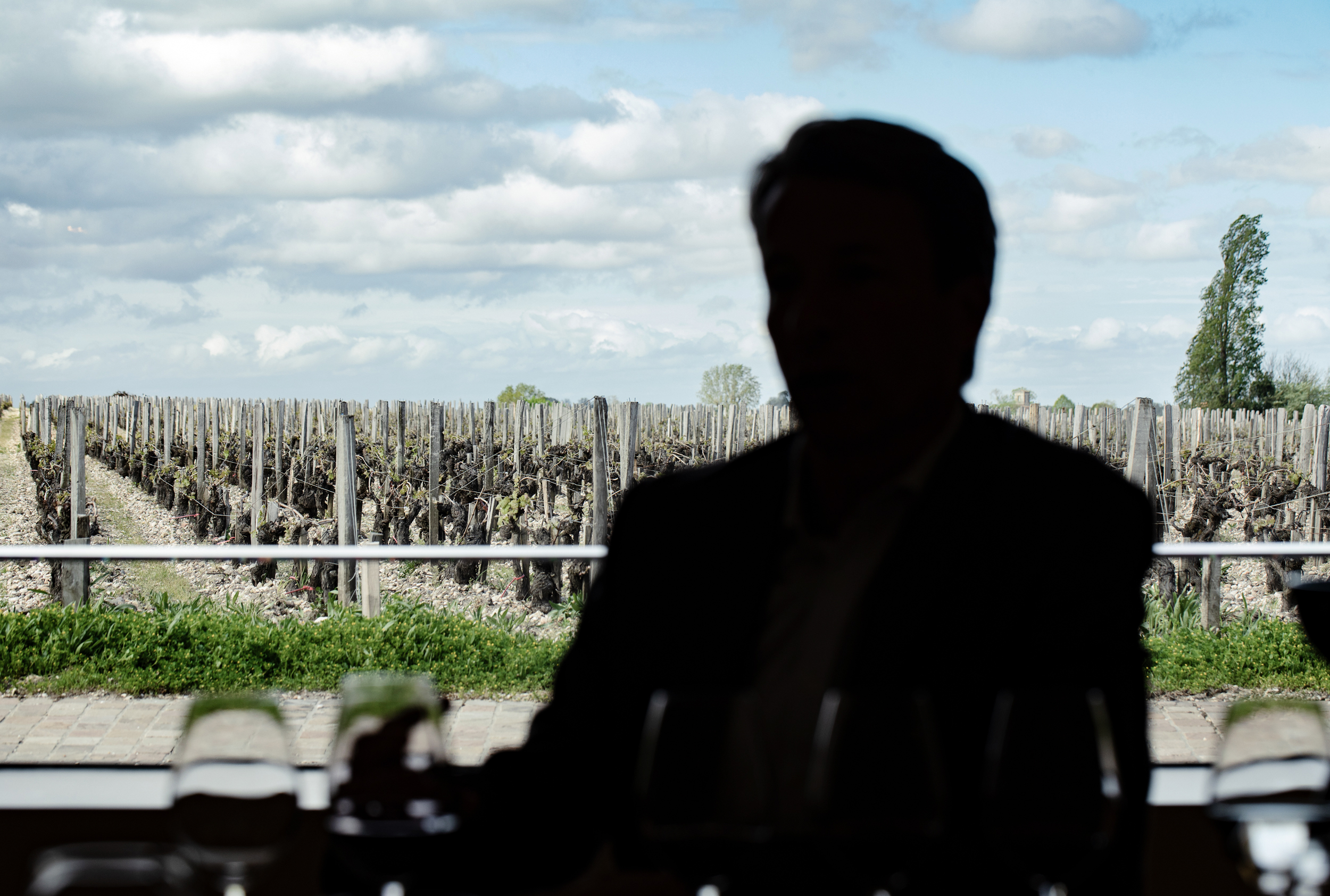
"We had to wait for the phenolics to ripen, for the skins to soften."
Château Mouton Rothschild
In addition to the first growth, the Mouton Rothschild stable in Pauillac includes Châteaux d’Armailhac and Clerc Milon.
“We had a heat spell at the beginning of September that caused the Merlots to increase in sugar and concentration,” commented technical director Jean-Emmanuel Danjoy. “The Pastourelle de Clerc Milon shows the opulence we could have had if it weren’t for the rains in mid-September.”
The Pastourelle is an important piece of the 2023 vintage puzzle. At 63% Merlot, it reveals a style of wine that is completely different from the Clerc Milon, which is 72% Cabernet Sauvignon, mainly harvested after the rains on the 21st and 22nd of September. The Pastourelle displays the stewed black fruits and higher alcohol (14.2%) of a hotter vintage, whereas the Clerc Milon is bright and breezy with just 13.5% alcohol. Indeed, the wines appear to have come from two very different vintages!
“We started harvest on September 7th, but by September 23rd, we were only 1/3 finished,” said Jean-Emmanuel. “So, 2/3 of the crop came in during the last week of harvest. We had to wait for the phenolics to ripen, for the skins to soften.”
Harvest at Mouton finished on September 30th, ultimately revealing a fresher, lithe, and more minerally personality with 13.3% alcohol, compared to the more opulent 2022, which weighed-in at 14%.
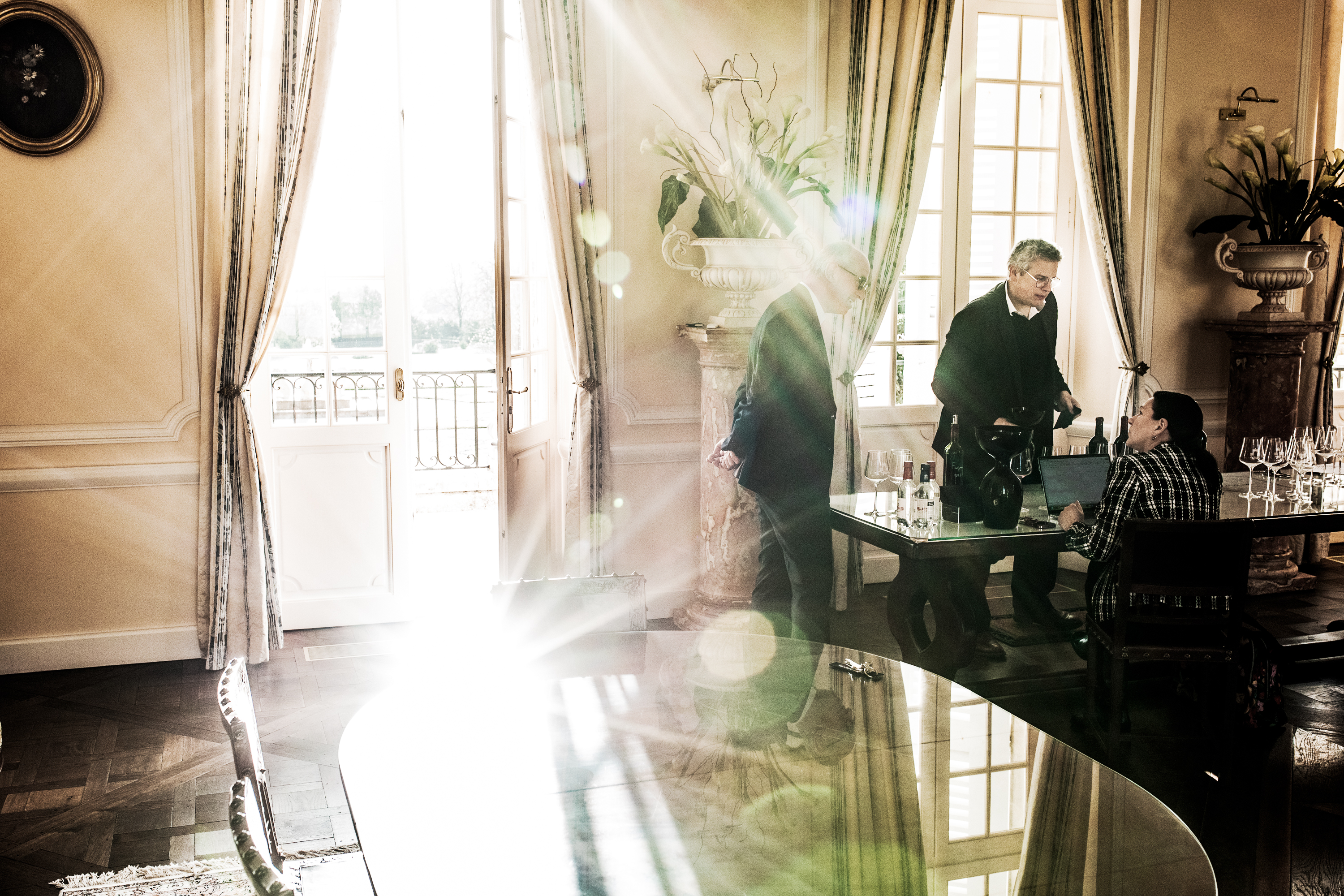
"This year, we were careful that there was no harsh pumping over."
Château Léoville Las Cases
“The thing about this vintage was the yields were quite high in some parts of Bordeaux,” said Léoville Las Case’s export director, Antoine Gimbert. “It was a very big crop for Saint-Julien.”
He’s not wrong. A lot of estates in Saint-Julien brought in crops in excess of 50 hl/ha, including Lagrange, Beychevelle, Talbot, and Léoville Poyferre.
“Our yield for the Saint-Julien estates was 44 hl/ha, which was a good balance,” he continued.
“This is the first vintage produced in our new cellar,” added Domaines Delon’s vice president, Jean-Guillaume Prats. “We are now gravity-fed. But the big difference is the number of small vats we now have, which gives us much greater precision. This year, we were careful that there was no harsh pumping over—just gentle infusion. We have cooling rooms to cool down the grapes when necessary. This also allows us to process the next day, so we are not in a rush in terms of winemaking. There was no drying out of the grapes or raisining to deal with this year, and no botrytis. We have been practicing inter-parcel selection for harvesting for the last few years.”
The team at Las Cases has crafted a very fine, elegant, tight knit 2023 grand vin, yet there is a wider quality gap between the top wine and the lower tiers this year. Harvest took place from September 9th until October 2nd.
Léoville Las Cases and the other Delon wines were tasted twice, once on the very first day of my trip (April 8th) and again towards the end (April 25th). By the second visit, the grand vin had unwound slightly, revealing a little more intensity and depth. My score remains on the conservative side, although this wine will likely exceed my expectations upon bottling.
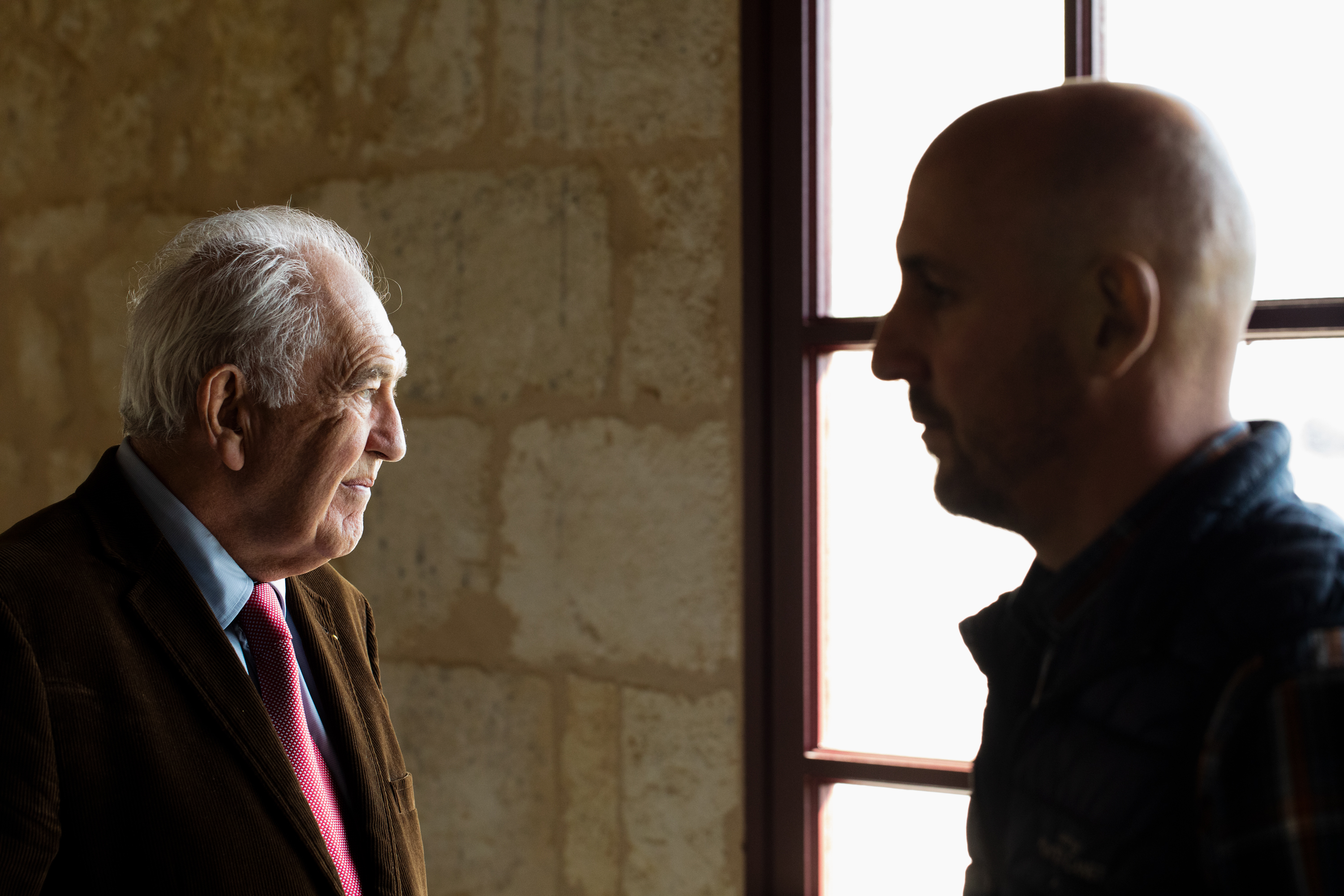
"There was so much pressure. I had to force myself not to look at the weather apps."
Château Pontet-Canet
“We had two heatwaves in 2023,” said Pontet-Canet’s technical director, Mathieu Bessonnet. “The first was the 17th through the 24th of August, and the second was the 3rd through the 11th of September. We were able to protect the berries with a clay-based sunscreen. On September 7th, we started to harvest the Merlot. We wanted something a bit brighter, so we picked the Merlot earlier. This was our earliest start to the harvest ever. We continued to pick until September 20th, when we brought in the Petit Verdot and Cabernet Franc. At this stage, our Cabernet Sauvignon wasn’t ripe. The problem was the weather forecast: on the 21st and 22nd of September, the forecast called for 60-100 mm of rain in our area. It was stressful for us, but the choice was clear. Our Cabernet Sauvignon wasn’t ripe, so we waited. In the end, we only received 25 mm of rain. We waited one more week for dilution to disappear and complete ripeness before resuming harvest. We finished picking on October 10th. It was one of the longest harvests ever at Pontet-Canet!”
This year, owner Alfred Tesseron will conduct his 50th harvest. “2023 was my longest harvest and the costliest,” said Alfred. “We brought the pickers in early, and then we had to pay them so they would stay and wait for our harvest. I think this was the right decision for us. We saw a lot of people finish their harvest, but we hadn’t even started!”
Mathieu added, “There was so much pressure. I had to force myself not to look at the weather apps. For sure, for us, none of the Cabernet Sauvignon was ready on September 20th.”
As for the winemaking, there was a newly finished vat room extension to help take some of the pressure off the 2023 harvest. In fact, the size and shape of the fermentation tanks haven’t changed. They still include the unique, amphora-shaped, 40 hl concrete tanks, yet 18 more have been added, and they have been sunken into the ground to use less energy for thermoregulation. Additionally, another 28 egg-shaped wooden tanks (also 40 hl) have been added. “We now have 109 tanks in total,” said Mathieu. “This gives us the ability to perform lots of small batch fermentations, which was essential for quality in 2023.”
“We are not working a lot during the maceration,” Mathieu continued. “We don’t want to over-extract. This vintage is unique because Pontet-Canet has progressed so much in the vineyard and winemaking compared to similar previous vintages. The new eggs are exactly the same shape as the others we have, but we now have more, so we can work more precisely with the smaller vats. The size and shape of the tanks are very important for tannin extraction and achieving the right texture. You can see the caps of skins more clearly and work it more easily when the tank is buried, and you’re right over it. Also, temperature control is so much easier and more energy efficient in the buried tanks. Reducing the impact on the environment has long been our goal. This year, we have changed our bottle weight from 815 grams to less than 500 grams.”
Pontet-Canet only made one wine in 2023. Selection was very strict, so there is no second label this year.
Another change in 2023 was taking on consultant Thomas Duclos of Oenoteam, in addition to maintaining Rolland Consultants. “I think this vintage really reveals the terroir,” Thomas told me as I tasted Pontet-Canet a second time at his laboratory. “The idea with Pontet-Canet is to be Pontet-Canet, but with more definition, especially with the tannins.”
I tasted the 2023 Château Pontet-Canet four times with consistent notes.
-
Article & Reviews by Lisa Perrotti-Brown
Photography by Svante Örnberg (color) and Johan Berglund (B/W)
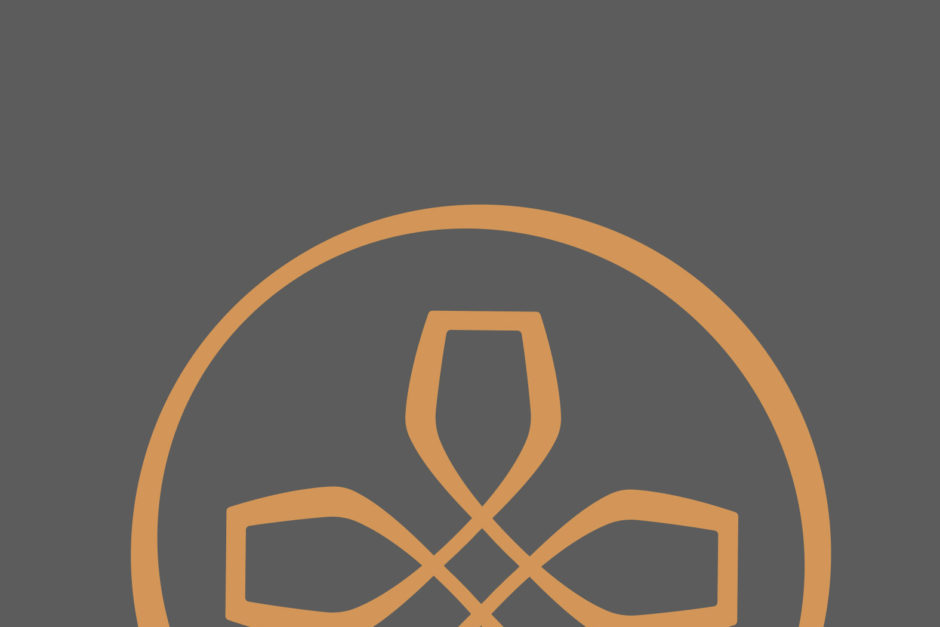
PRODUCERS IN THIS ARTICLE
> Show all wines sorted by scoreMore articles
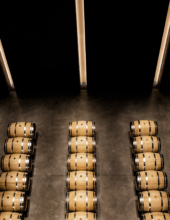
Bordeaux 2023 Vintage Report and Reviews from Barrel
09th May 2024
649 tasting notes
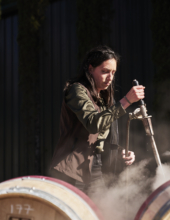
Cathiard Vineyard New Releases
02nd May 2024
3 tasting notes

2021 Bordeaux in Bottle and A Modest Proposal
24th Apr 2024
599 tasting notes
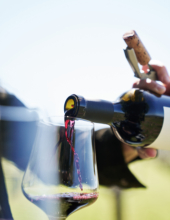
Pilcrow’s New Releases
18th Apr 2024
7 tasting notes
Show all articles